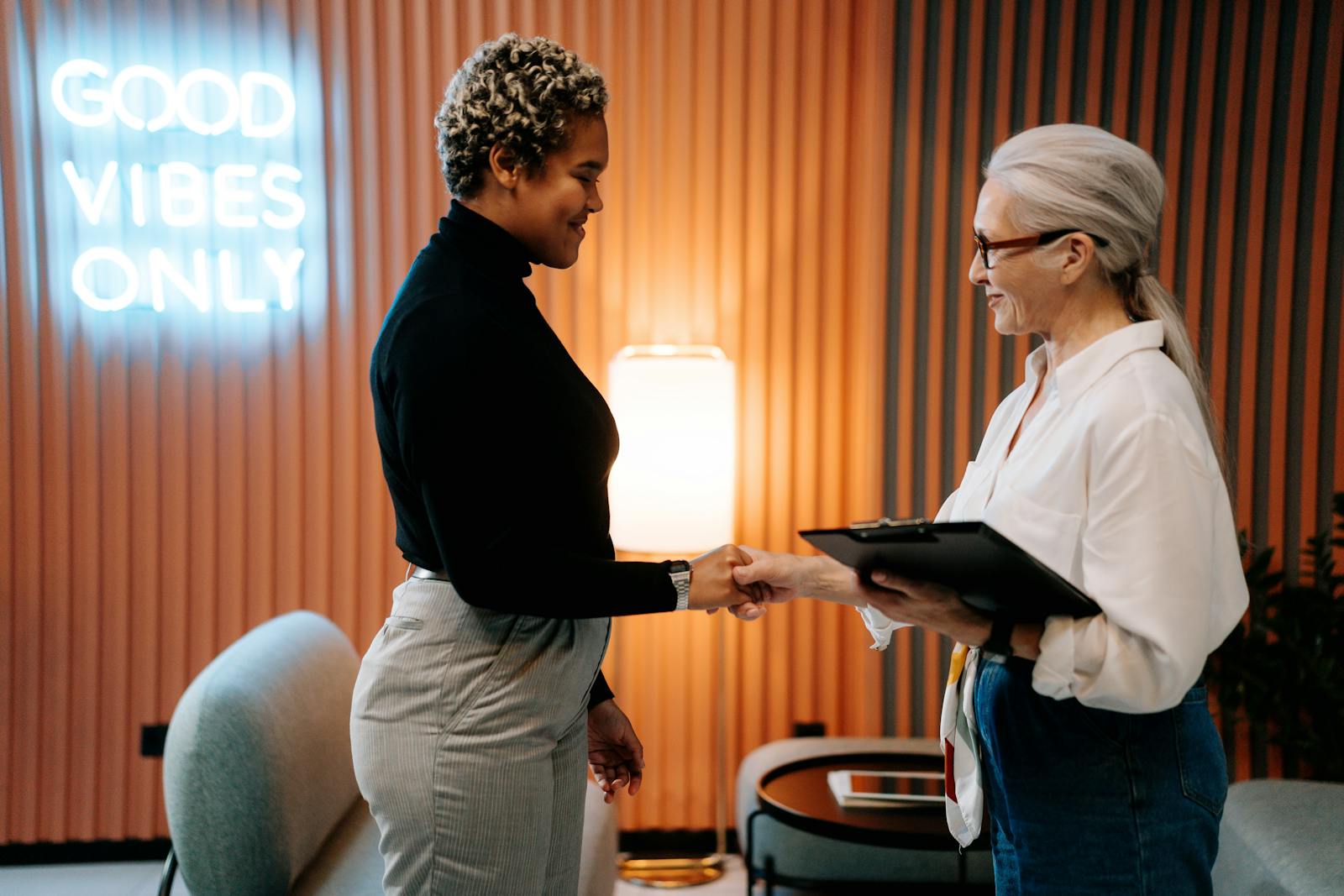When resolving conflicts, mediation often stands out as a valuable option. At Tampa Divorce Attorney, we believe understanding the process can change your life. As experienced divorce lawyers, we have seen firsthand how mediation can lead to less stress and better outcomes. In this article, we will simplify the truths about mediation, helping you decide if it’s the right path for you.
As official sources demonstrate, mediation is a voluntary process where a neutral third party helps resolve disputes. The mediator does not make decisions but facilitates communication between parties. Agreements reached in mediation can be binding or non-binding based on mutual consent.
Introduction to Mediation
Mediation utilizes a neutral third party to facilitate conflict resolution, often leading to voluntary and mutually satisfactory agreements.
In other words, the mediator listens to each person and helps them talk to each other better. People often use mediation to solve problems like divorce, issues between landlords and tenants, or conflicts at work. Mediation aims to find a solution that works for everyone. Mediation is optional, private, and allows for creative solutions.
Mostly, the mediator doesn’t decide for the people involved but helps them find a solution together. Mediation can save time and money compared to going to court and can help keep relationships intact. Everyone needs to be willing to participate honestly for mediation to work well. In general, mediation is a peaceful and cooperative way to resolve conflicts.
Understanding Mediation Benefits
Mediation fosters collaboration by involving a neutral party to guide conflicting parties toward their own resolution.
Essentially, mediation helps by giving people a safe place to talk and work things out. This can lead to a solution that both sides are happy with. It’s usually faster, cheaper, and simpler than going to court. It also lets both sides have more say in the final decision and can help keep relationships intact that might otherwise be harmed by a tough court fight.
For the most part, mediation can be used for many issues like divorce, problems at work, or community disagreements. Both sides need to agree to try it for it to work. The process is based on keeping things private, staying neutral, and letting people make their own choices, meaning the mediator won’t take sides and will keep everything confidential.
Key Features of Effective Mediation
Echoing our earlier comments, effective mediation must be impartial, ensuring both parties can equitably present their viewpoints.
In the most basic sense, the mediator should really listen to both sides and help them helpfully talk to each other. The process should be private so everyone feels safe to be open and honest. Mediators need to be good at helping people work out their problems and find a fair solution. They should stay neutral, not pick sides, and focus on helping the conversation and solving the issues.
Primarily, it’s important to check in regularly to make sure everyone sticks to the agreement made during mediation. Mediation works best in a safe and respectful setting where everyone feels okay sharing their needs and worries. The process should be flexible to fit each situation but still keep things organized and on track.
Common Misconceptions About Mediation
Based on what we said before, mediation is often used in workplace disputes and international conflicts.
If you think about it, mediation can help sort out various kinds of arguments, like problems between businesses, neighbors, or even at work. Some people mistakenly think that mediation is only useful for small issues, but it can actually handle complicated and serious disputes too.
In other words, others believe that mediation is just a way to put off going to court, but many cases are solved through mediation without ever needing a trial. Lastly, there’s a belief that mediation only works if both sides are ready to compromise. While it is good if everyone is open to negotiating, a good mediator can still find a solution even if one side is more stubborn.
Steps in the Mediation Process

Reflecting on earlier sections, mediation involves steps where a neutral third party facilitates communication between disputing parties to help them reach a mutually acceptable agreement.
To put it simply, first, everyone involved needs to agree to try mediation. The mediator will then set a date and location for it.
At the mediation session, each person can tell their side of the story and share their concerns. The mediator will guide the discussion and keep it focused on solving the problem. They may ask questions, give information, or suggest ideas to help everyone agree.
After everyone has spoken and explored different solutions, the mediator will help them find a fair agreement. All in all, this might include thinking of new ideas, talking about compromises, or considering other options. The aim is to find a solution that works for everyone.
If everyone agrees on a solution, the mediator will help write down the details in a document. This document is usually not legally binding unless everyone decides to make it official.
Finally, everyone will sign the agreement and decide on any follow-up actions to make sure the solution is implemented. Mediation can be a cost-effective and efficient way to solve conflicts and reach agreeable solutions.
The Final Analysis
Based on what we observed, in conclusion, mediation is a voluntary process that helps parties in conflict resolve their issues with the help of a neutral third party.
What Tampa Divorce Attorney is thinking you should explore is, it is confidential and gives the parties control over the outcome. Overall, the true statement about mediation is that it is an effective and peaceful way to reach a mutually agreeable resolution.







